Alternative investment vehicles have always been around. However, unlike their more-traditional counterparts (i.e. mutual funds, stocks, and bonds), they have generally been limited (until recently) to only institutional investors and high-net-worth individuals.
Given the low-interest-rate environment that has prevailed over the last decade, investors have become more aggressive in their quest for higher yields and diversification.
Updated regulations, financial innovation, and the introduction of less expensive versions of alternative assets have made alternative assets more accessible to everyday investors who would not have been eligible in the past.
Read on to learn about some of the best alternative investments in Canada.
What are Alternative Investments?
In simple terms, alternative investments are those asset classes that are not publicly traded or accessible, like traditional equities (stocks), fixed-income securities (bonds), mutual funds, and term deposits (such as GICs in Canada or CDs in the U.S.).
Alternative investments (alt-investments) are usually limited to institutional investors (such as pension funds and investment firms) and high-net-worth individuals who are also referred to as “sophisticated” or “accredited” investors.
These categories of investors are deemed to be knowledgeable and liquid enough to understand the inherent risks posed by these assets and to be able to bear the potential losses that can occur.
Because most of these investments are not made available to the general public, they are sometimes referred to as “exempt securities.”
By exempt, it means that companies or entities providing these assets are exempt from prospectus requirements and do not have to provide the same level of disclosures to those buying their securities as would be required if they were being publicly traded.
Accredited Investors: These are investors who meet certain criteria set out by regulators. Accredited investors can buy exempt investments without a prospectus and buy as much as they want. In Canada, accredited investors are required to have:
- Financial assets worth at least $1 million (individual or couple) or a net worth exceeding $5 million, or
- Net income exceeding $200,000 (individual) or $300,000 (couple)
In some cases, less affluent investors can buy a limited amount of exempt investments under what is known as an “offering memorandum.” An offering memorandum is a ‘lighter’ version of a prospectus, and a company can make this available so they can sell to a wider pool of investors who are referred to as either “eligible” or “ineligible” investors.
Eligible Investors: These are investors who meet certain income/net worth criteria as set by regulators and who have:
- Financial assets worth at least $400,000 (individual or couple)
- Net income exceeding $75,000 (individual) or $125,000 (couple)
Eligible investors can purchase exempt investments with a maximum investment limit of $30,000 per year or up to $100,000 if they receive advice from a portfolio manager that the investment is suitable. Ineligible Investors are limited to a maximum of $10,000 investment through the offering memorandum exception rules.
Types of Alternative Investments
Some of the more common alternative investments include:
- Real Estate
- Private Equity
- Private Debt Funds
- Hedge Funds
- Crowdfunding/Peer-to-Peer Lending

1. Real Estate
You can invest in real estate in several ways. Traditional real estate investing involves buying a property, renting it out and collecting rent, increasing the value through renovations, and then selling for a tidy profit.
Today, you can invest in real estate (both residential and commercial) without becoming a “landlord” through:
Real Estate Investment Trusts (REITs): They are similar to mutual funds in that they pool investors’ funds and use them to purchase an underlying asset. REIT funds are used to purchase and hold properties that produce income.
REITs can be private or public. Publicly-traded REITs are traded like stocks on the stock exchange (e.g. Toronto Stock Exchange), while private REITs are exempt investments that are not available publicly, and an investor must qualify as “accredited” or “eligible” to purchase them. Private REIT unit prices are less volatile than public REITs and usually have a minimum investment requirement.
REITs distribute at least 90% of their taxable income to shareholders annually. Depending on the REIT, distributions may include income (taxed at your marginal tax rate), the return of capital (lowers the adjusted cost base of each REIT share you own), and foreign non-business income (taxed at your marginal tax rate).
When you dispose of your shares, you may make a capital gain (taxed at half your marginal tax rate).
Mortgage Investment Corporations (MICs): They pool money from institutional and other investors and lend it to mortgage borrowers who cannot obtain financing via traditional channels.
MICs lend at a much higher interest rate and promise investors higher returns than similar fixed-income securities with similar maturity (yields of 8-14% are not uncommon). The mortgage loans are usually short-term. Mortgages provided through MICs are not insured by CMHC.
Income earned by the MIC is distributed to its shareholders and taxed in their hands. To avoid high tax rates on income distribution, you can hold some MICs in tax-sheltered accounts. Most MICs are privately distributed.
Syndicated Mortgages: These are similar to MICs in that they pool money from 2 or more investors and invest it in a mortgage. However, unlike MICs, syndicated mortgages involve one specific mortgage (i.e. one property or one housing development project) and not a portfolio of mortgages.
The widespread sale of risky syndicated mortgages (marketed as risk-free and high-return) to less sophisticated investors has been recently reported and has resulted in regulators cracking down on several mortgage brokerage companies and issuing steep fines.
2. Private Equity
Private equity involves investment in the equity of a private company resulting in part or full ownership of the business. It may also involve the buyout of a public company and taking it private. A private equity firm pools money from investors, and following making improvements and increasing the profitability or value of the company, they try to sell it at a profit.
Private equity funds usually have a high minimum investment requirement. Some strategies they utilize include leveraged buyouts (use of debt financing to buy out a company) and venture capital (investment in a startup company with the aim of choosing winners).
3. Private Debt Funds
These funds raise capital from investors and make loans to companies on a short to long-term basis. These loans are secured against the company’s assets. The borrowers pay a premium rate on the loans, generating attractive yields that exceed what investors would earn on publicly marketed debt instruments with similar terms/duration.
Private debt funds are illiquid investments, and an investor who wants to unload their holdings quickly may find it difficult to do so. In addition, the potentially higher returns from these investments also come with a higher risk.
4. Hedge Funds
A hedge fund pools money from investors and utilizes complicated strategies and a variety of investment assets (including derivatives) to generate very high returns. Hedge funds are set up to make money irrespective of what the market does.
Hedge funds use leverage (debt) to amplify their returns and risk-reduction strategies (hedging) to lower risk. When they lose money, leverage can magnify their losses. Hedge funds are sold as exempt investments, and the minimum investment can be in the hundreds of thousands to millions of dollars.
Hedge fund investment strategies include long/short equity, relative value arbitrage, event-driven, market neutral, global macro, and fund of funds.
The typical fee structure of a hedge fund includes a management fee of 2% per annum plus a performance fee that is 20% of any profits generated. This is generally referred to as the “2 and 20” fee structure.
5. Crowdfunding and Peer-to-Peer Lending
These are like “private debt funds” for everything.
Peer-to-Peer (P2P) lending provides a platform for private investors to lend money to other private individuals and businesses at a specified interest rate and a defined length of time. The interest rate earned is generally higher than what you would earn on your savings accounts or GIC.
Crowdfunding, on the other hand, has a similar platform for making funds available to businesses and individuals. However, the reward to the investor is different and may consist of equity (part-ownership or stake) in the business or other forms of reward (e.g. product sample).
A broker facilitates the transactions and matches borrowers with lenders. There is a low barrier to entry, and the minimum investment requirement can be as low as $25. Borrowers may be graded to reflect the level of risk you are taking on as an investor.
Examples of crowdfunding platforms include Kickstarter, Indiegogo, RocketHub, FundRazr, SeedUps, and GoFundMe.
Examples of P2P platforms include Lending Loop (Canada), Lending Club, and Prosper. You can read our Lending Loop review.
List of Other Alternative Investments
Other alternative investment options for investors include:
6. Commodities: Includes precious metals (gold, silver), agricultural commodities (wheat, corn, cocoa, live cattle, hogs, sugar, coffee), oil and gas. An investor does not need to own the physical asset as you can invest in these commodities via ETFs that are diversified across commodities and other asset classes.
7. Agricultural Farmland: This includes investing directly in the physical asset (land), or in agricultural technology, farming operations, and ag-focused private equity funds.
8. Art and Collectibles: Paintings, postage stamps, fine wines, coins, classic cars, precious stones, prints, and sculptures.
9. Infrastructure: This is a type of “private debt” fund that focuses on investing in major infrastructure projects, including roads, pipelines, bridges, airports, etc.
10. Financial Derivatives: Includes futures, options, forwards, and swaps.
11. FOREX: You can trade all the world’s major currencies in what is a $5 trillion per day business.
12. Cryptocurrencies and non-fungible tokens (NFTs): Trade various cryptocurrencies, including Bitcoin in Canada.
Related: Best Cryptocurrency Trading Apps in Canada
Benefits of Alternative Investments
- They can significantly increase the yield (return) on a portfolio while also increasing its diversification.
- Their risk-return characteristics may be minimally or negatively correlated with other assets in a portfolio, leading to lower portfolio volatility.
- Investing in alt-assets may grant you access to some of the most skilled investment managers available.
Downsides of Alternative Investments
- Alternative asset portfolios generally utilize more complicated strategies than you would find in traditional asset management and require some level of investment knowledge or sophistication to fully understand.
- Alt-assets are not very liquid, and it may take days, months, or even years to dispose of your holdings or exit a position.
- Active management strategies mean higher transaction costs, higher management fees, and potentially higher risk. Higher risk exposures can lead to a complete loss of capital.
- Their exemption from full disclosure (prospectus exempt) may result in a lack of transparency. It can be difficult to value what the security is actually worth.
You may also like:
- Best Trading Apps in Canada
- High-Interest Savings Accounts in Canada
- 5 Ways To Invest Your TFSA
- Understanding Fixed Income Investments
- 10 Strategies To Succeed With Your Investment Portfolio
- The 10 Main Investing Risks Investors Face
- Index Fund Options For Canadian Investors
- Conservative, Balanced, Growth Portfolios: What Do They Mean?
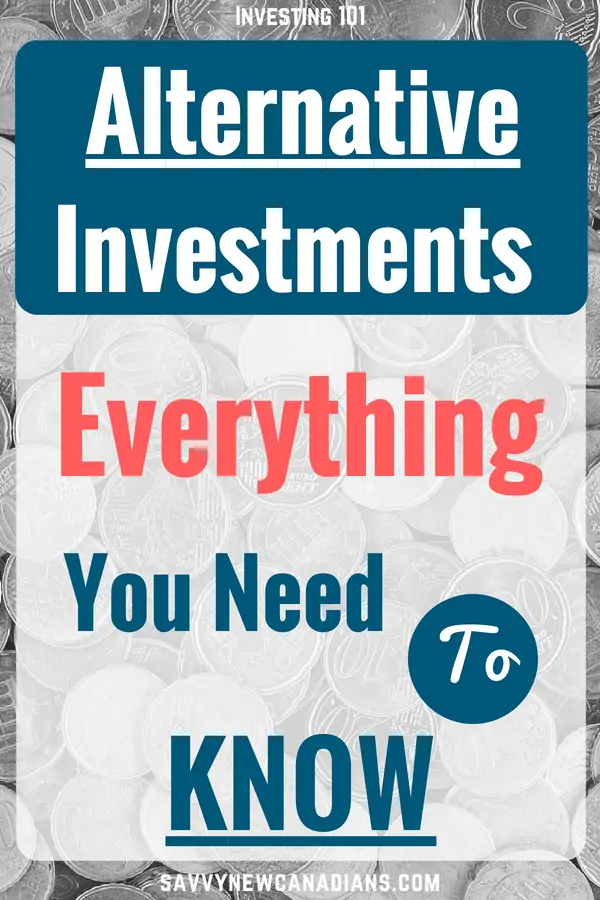
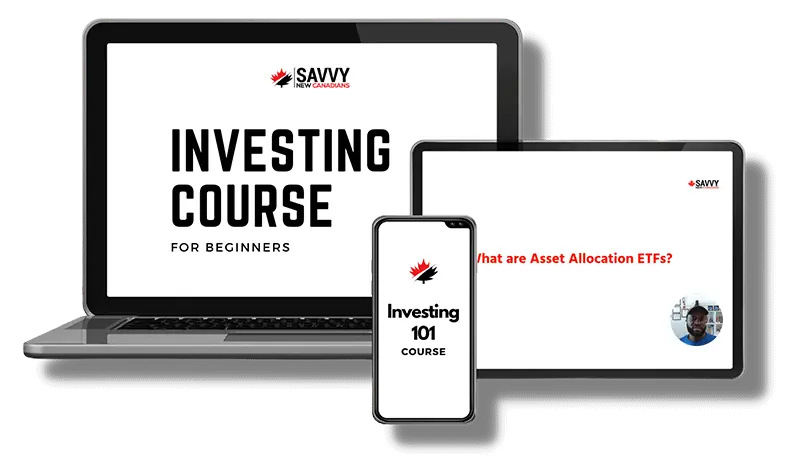

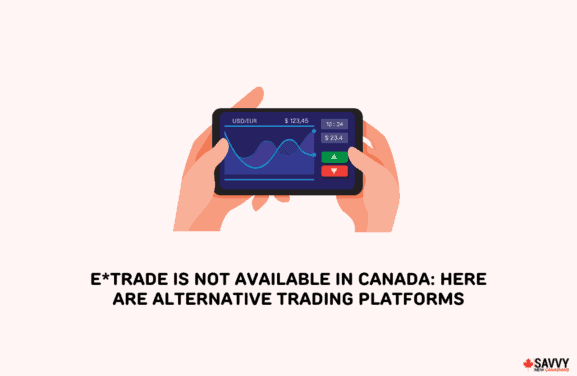

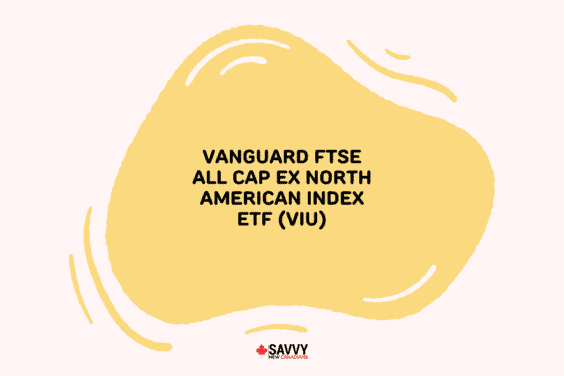
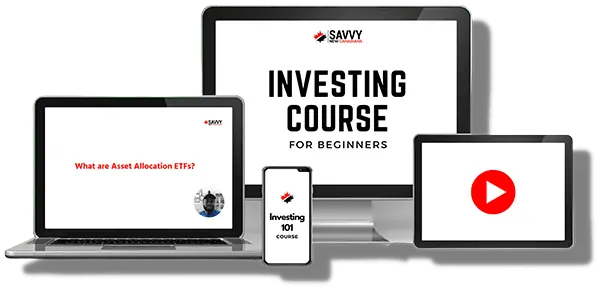

Great post Enoch. I think that the world of alternative investments in Canada is on a rise and Canadians should be adding these investments to their portfolio to help diversify. They are also a great way to get more involved in the due diligence process of choosing an investment as opposed to some of the traditional mutual funds where the investor is disconnected. If you happen to have clients in the dental industry looking for alternative investment opportunities, we would be happy to help them out.
P.S. I noticed in your bio that frugal living is an interest of yours. You might like my other business that is trying to provide affordable dental care to Canadians.
Keep up the quality posts!
Hello!
Could you please elaborate a bit on:
9. Infrastructure: This is a type of “private debt” fund that focuses on investing in major infrastructure projects including roads, pipelines, bridges, airports, etc.
What are some examples of how one would actually do that?
Thank you!
Greg
What happened to Lehman Bros, Wachovia, Enron, Merril Lynch? Could you have trusted Bernie Madoff with your money? How about FM Global? Greed and fear. That does it.